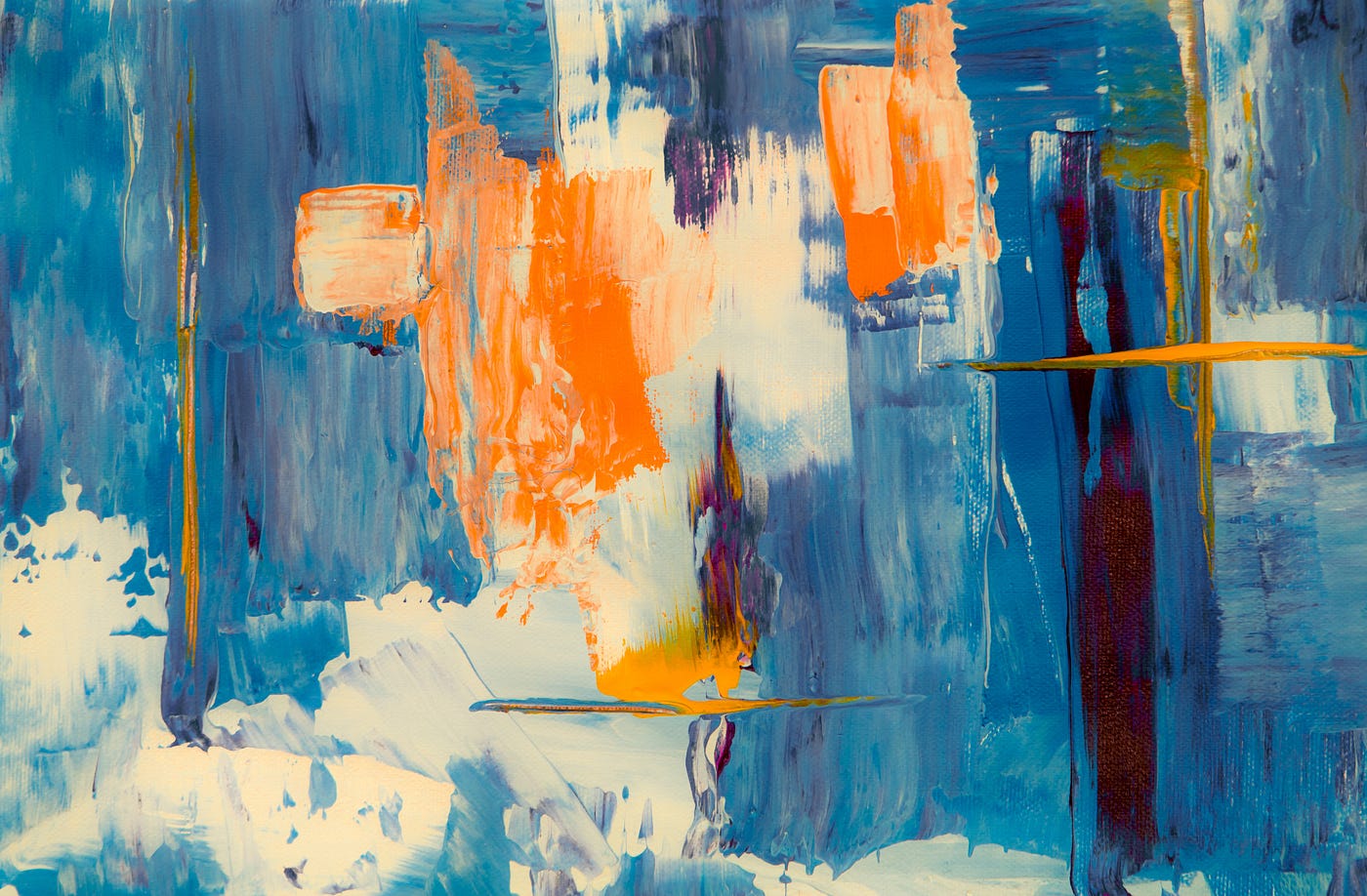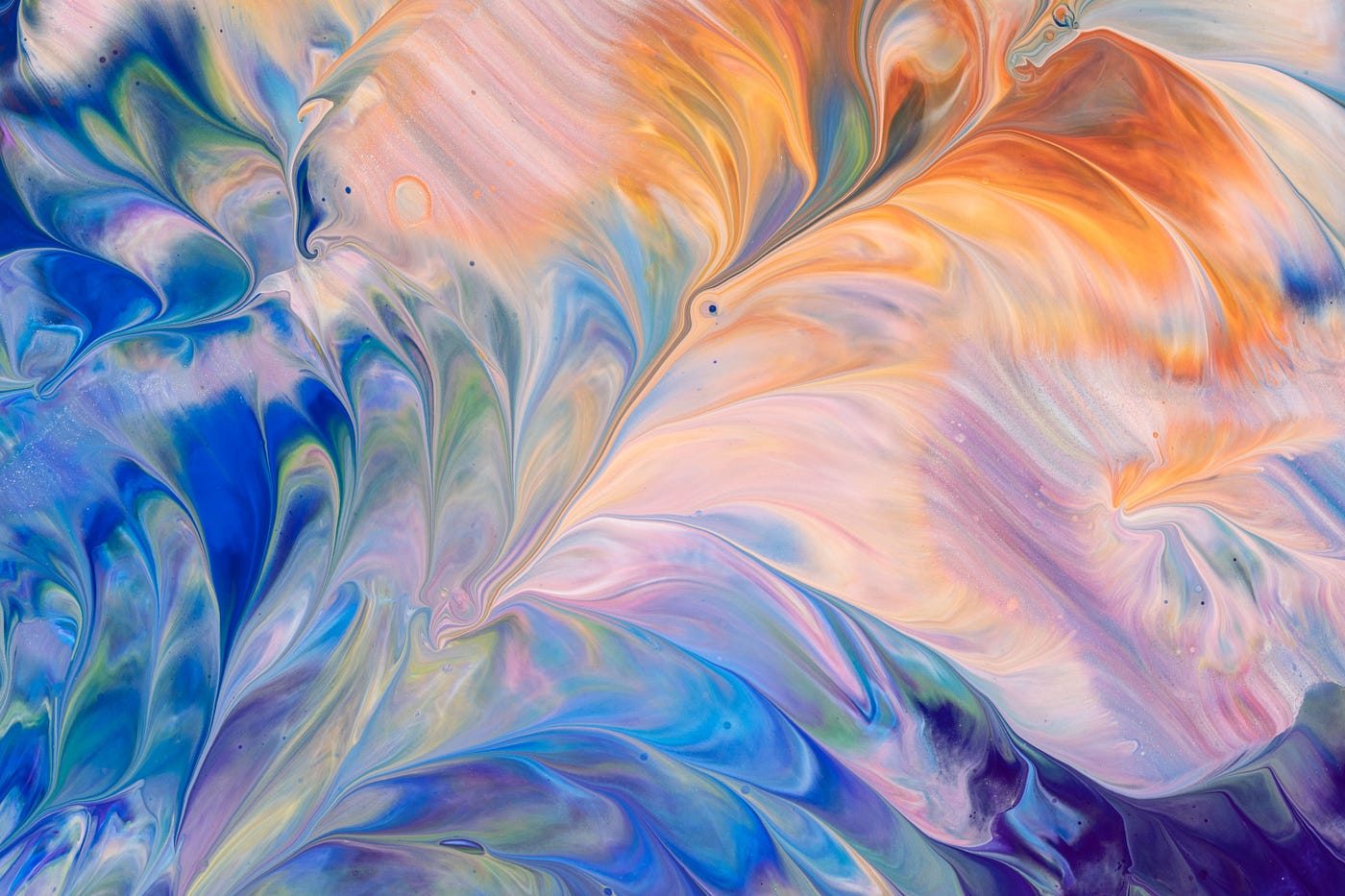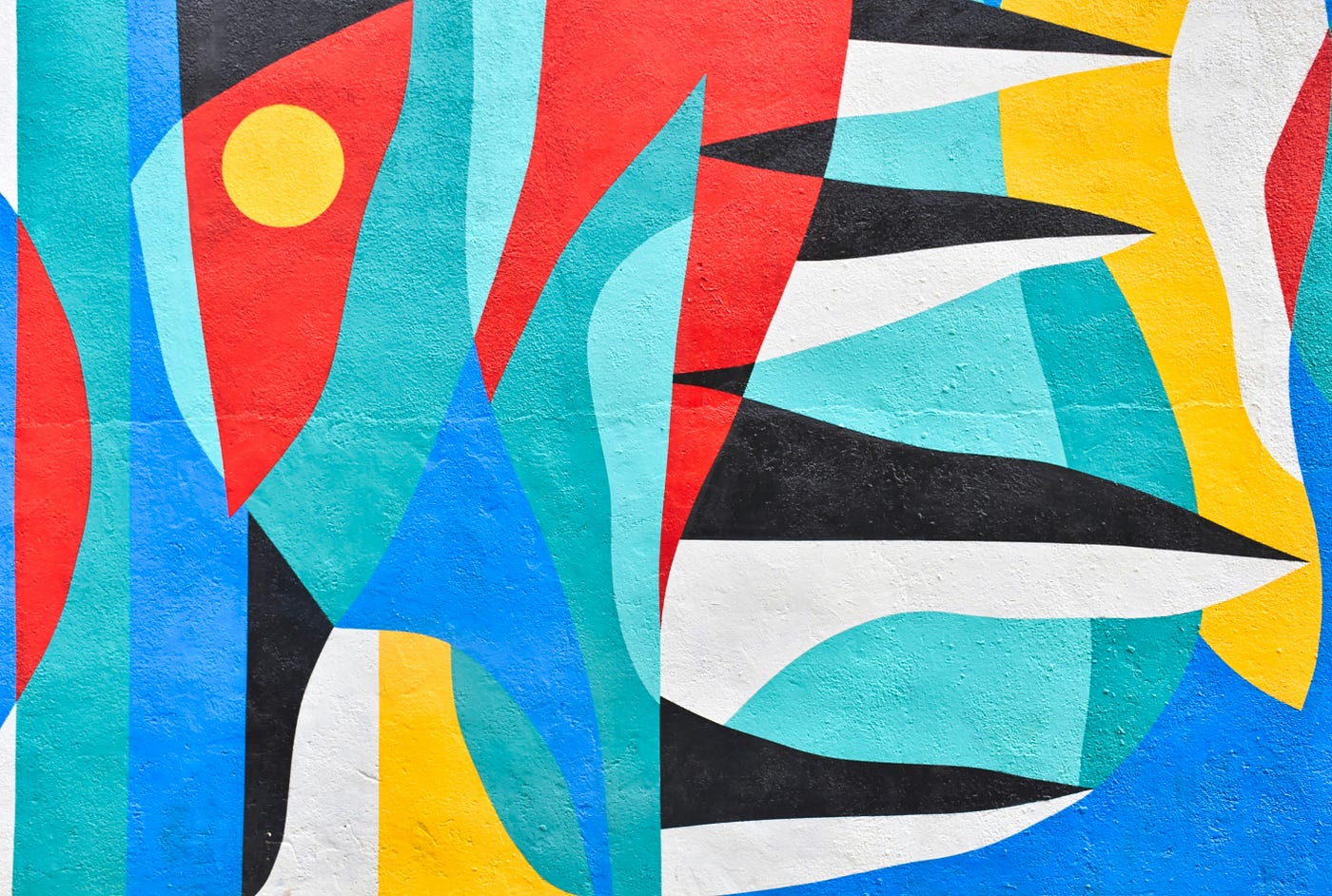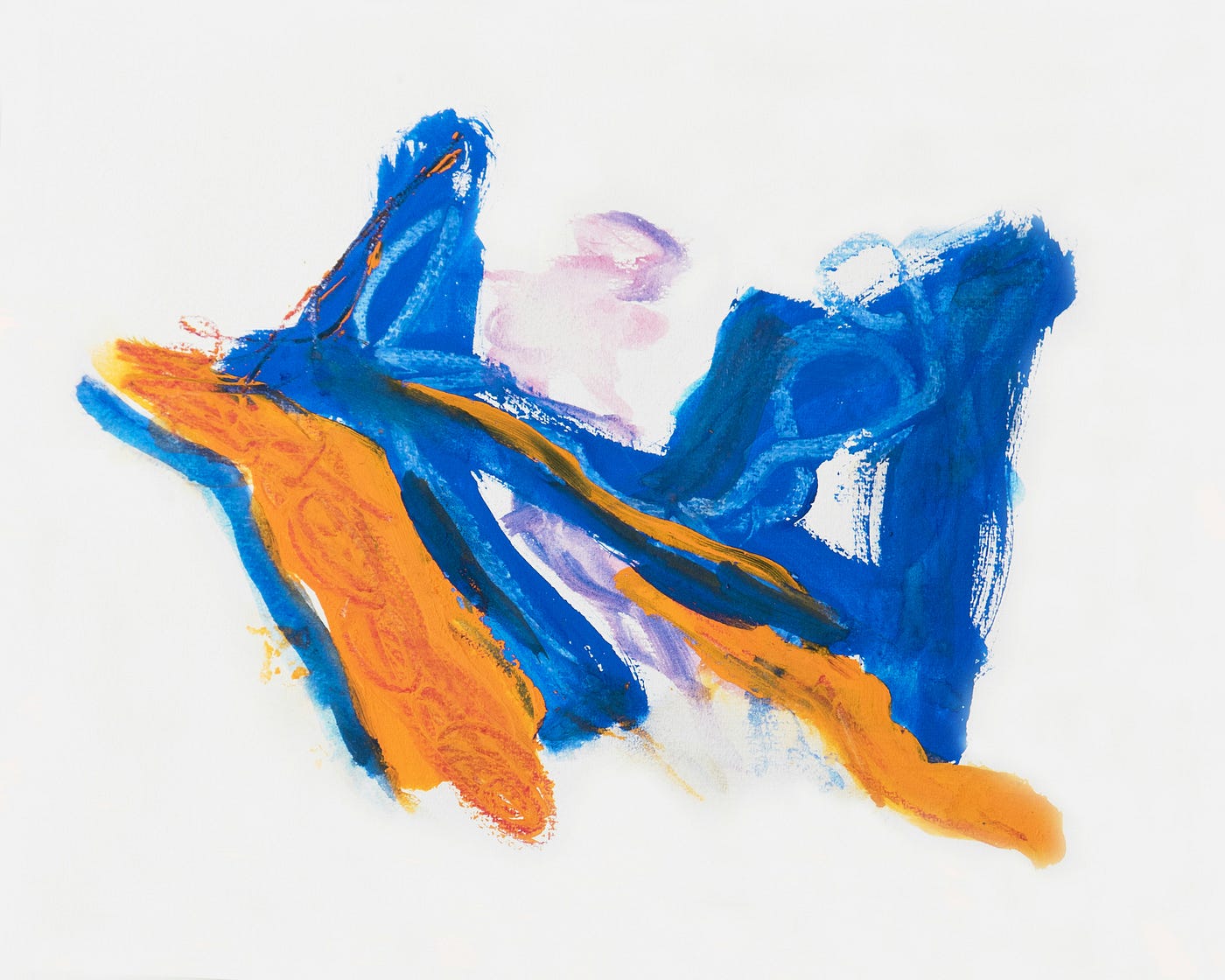Edith Piaf AI resurrection, YouTube creators suspended for AI content, Adobe’s violent AI images, Hollywood strikes AI deal

In the news this week there have been positive outcomes for actors in Hollywood and protections towards personal intellectual property and developments in AI technology. French icon Edith Piaf is the latest performer who is getting the generative AI treatment for a new animation that aims to have AI Piaf narrate her own story. Back in the recent past, a voice-over actor would have done the job and it would have been more authentic. The war in Gaza is reflected in the fight for truth in journalism and deep fake propaganda. With that in mind, YouTube now requires users to declare realistic AI-created content or face suspension.
Adobe Sells AI-Generated Violent Images of Gaza
Adobe users are submitting and selling AI-generated photos of fake scenes of bombed-out streets and explosions in Israel and Gaza. Images are photorealistic and have been circulating online as true images. Media outlets found multiple fake AI-generated images shared on social media or posted on blogs and cited as true images. Some Adobe users have labeled their images as AI-generated but some have not. The big question here is why Adobe is allowing fake images of an ongoing conflict. War in the 21st century is partly fueled by propaganda on online visual media platforms. Images of past wars have been repurposed to document the war between Israel and Hamas. With AI-generated images included in the mix of visual and audio content that is shared uploaded on media platforms and shared on social media, deciphering the truth is an upward battle. Unfortunately, many AI image and audio generators have few guardrails put in place to stop unsavory image generation and industry regulation is still in its infancy.
Adobe responded to Motherboard about their AI image policy and the specifics of the above conflict photos. “Adobe Stock is a marketplace that requires all generative AI content to be labeled as such when submitted for licensing…These specific images were labeled as generative AI when they were both submitted and made available for license in line with these requirements. We believe it’s important for customers to know what Adobe Stock images were created using generative AI tools.”
Google’s Generative AI Tools for Advertisers
Say goodbye to copywriters’ and photographers’ livelihoods because big tech has the AI tools. Google is releasing new generative AI tools for creating ads. The tools are specific to ad agencies and businesses without a creative team, so that’s all businesses covered. The AI tools include writing headlines and ad descriptions, editing images, and using text prompts to generate copy and promo images. Google guarantees that no two images generated will be the same. I am not convinced about this sales point and will wait to see what businesses come up with. The company says that AI-generated ad content will be subject to a metadata watermark called SynthID which detects content created with AI.
Edith Piaf’s Likeness Recreated by Artificial Intelligence for New Film
Warner Music Entertainment and production company Seriously Happy are developing an AI feature project about France’s most famous singer, Edith Piaf. The AI technology has been trained on hundreds of Piaf’s images and voice clips. According to Warner Music, artificial intelligence will enable Piaf’s “distinct voice and image to be revived to further enhance the authenticity and emotional impact of her story.” Describing AI-generated images and voice in terms of ‘authenticity’ iscontradictory and confusing. To describe anything created by AI as authentic is ludicrous. The secret is in the term artificial intelligence. What is created by AI is artificial. What is authentic are the actual audio and visual recordings of one of the world’s most famous singers.
I shared the Piaf article with my network and there was a mixed bag of responses but many expressed anger. I too shared my skepticism for an estate wanting to cash in. The estate tried to convince themselves and Piaf’s fans that recreating her with AI is what she would have wanted because she would gain new fans. Reassuringly, recordings from her original songs will be used in the film. So one would hope that AI doesn’t dare touch “Non, je ne regrette rien and “La Vie en rose.” Maybe the fans, myself included, are being a bit harsh because generative AI is a new technology. The wonderful film biopic La Vie en Rose with Oscar-winner Marion Cotillard dramatized Piaf’s short life. It was fiction based on fact; a different technology recreating and embellishing the truth.
The new AI biopic called Edith is recreating the deceased singer’s likeness using AI. The recent SAG-AFTRA deal is aimed at protecting an individual’s likeness as intellectual property and protecting it from recreation with AI for commercial purposes. Piaf’s estate has okayed the biopic and the capture of her image and voice for AI manipulation and creation in the film. Piaf’s AI-generated voice will narrate the animated film but will include actual footage and recordings of her songs and is set in Paris and New York between the 1920s to the 1960s. The film will include a mix of archival footage, TV and stage performances, interviews, and personal footage.
YouTubers Risk Suspension for Not Disclosing AI-Created Content
New rules for YouTube creators could see the removal of content when reported for using AI that simulates an identifiable person. Creators will be required to reveal their use of AI in life-like videos. YouTube stated in a blog post that “altered or synthetic” videos may face suspension or be removed from the platform. Changes will take effect next year when YouTubers will see new options to indicate if their content is AI-generated and if it realistically depicts a scene or person. The restriction comes on the back of their parent company, Google requiring that political ads created with AI must come with warning labels.
Hollywood Actors’ Strike Deal Protections From AI
A new $1 billion deal has secured the end of the longest actors strike in Hollywood history. The deal includes protections against AI but some of the details haven’t been fully disclosed by the actors union SAG-AFTRA. Protections include intellectual property rights as they relate to a performer’s likeness and voice. The use of 3D scanning of actors to produce special effects has been around since the 1980s but the issue, especially from background actors, is that they are scanned over one day of work while their likeness is kept with the studio indefinitely. Tech startups like Metaphysic are working with actors and musicians to digitize their likenesses as digital twins and create income for artists. SAG-AFTRA negotiations include the “zombie clause,” which is “the right to use scans of deceased performers without the consent of their estate or SAG-AFTRA.”
Ginger Liu is the founder of Hollywood’s Ginger Media & Entertainment, a Ph.D. Researcher in artificial intelligence and visual arts media — specifically grief tech, digital afterlife, AI, death and mourning practices, AI and photography, biometrics, security, and policy, and an author, writer, artist photographer, and filmmaker. Listen to the Podcast — The Digital Afterlife of Grief.







